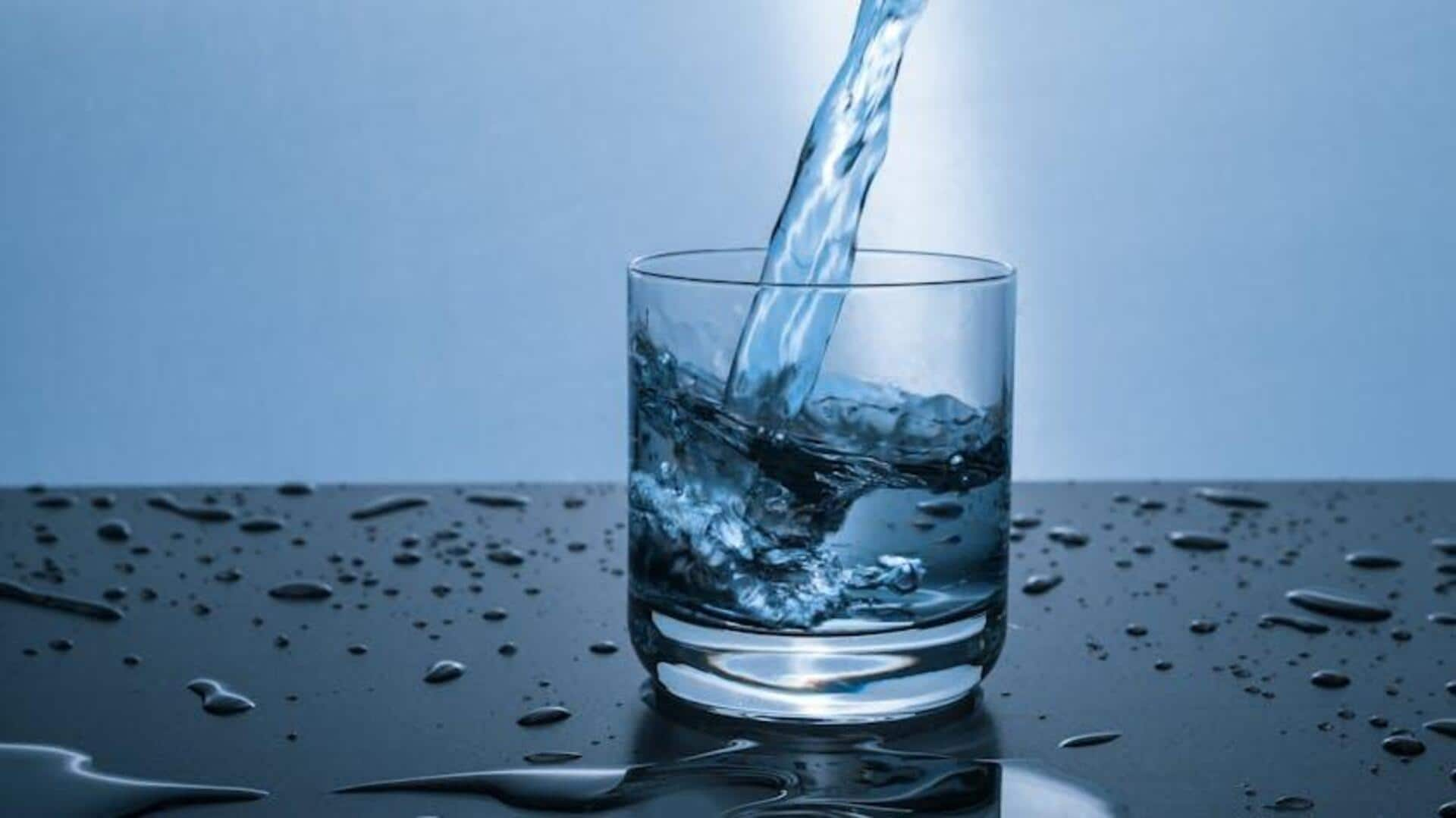
5 water-intake myths you should stop believing
What's the story
Water is the elixir of life, but it is also surrounded by various myths. Most of these misconceptions can impact how much water people believe they require on a daily basis. Knowing these myths can help you make better choices regarding your hydration requirements. Here are five common water myths that might be impacting your daily intake and their clarification.
Standard misbelief
Myth: Everyone needs 8 glasses a day
The thought that everyone should drink eight glasses of water a day is common but not entirely true. Each person's water requirements differ according to factors such as age, weight, activity level, and climate. While eight glasses is a good starting point for some, others may need more or less to remain adequately hydrated.
Thirst indicator
Myth: Thirst means dehydration
Many people think that feeling thirsty means you're dehydrated, but that's not true always. Thirst is the body's natural call to drink more fluids, and doesn't directly mean you're dehydrated. It's advisable to listen to your body's cues and drink when you're thirsty rather than sticking to pre-decided amounts.
Caffeine confusion
Myth: Caffeinated drinks dehydrate you
It is widely believed that caffeinated drinks like tea and coffee dehydrate the body because of their diuretic effect. However, studies have shown that moderate caffeine consumption does not cause dehydration in regular consumers. These beverages can contribute to your daily fluid intake just like any other non-caffeinated drinks.
Urine color misunderstanding
Myth: Clear urine equals proper hydration
While clear urine is typically considered a sign of good hydration, it could actually mean you're overhydrated. Healthy urine color varies from pale yellow to light amber. If your urine is clear, it could mean you're drinking more than you need to. While mindful monitoring of urine color can help, it shouldn't be the only sign of hydration status.
Weight loss assumption
Myth: Drinking water helps lose weight significantly
Drinking water before meals can help with portion control by making you feel fuller, but it doesn't directly cause you to lose weight significantly on its own. Staying hydrated helps with overall health and metabolism but should be combined with balanced nutrition and exercise for successful weight management tactics.